Low doses of CBD don’t appear to have any negative impacts on driving ability, first-of-its-kind research shows.
The same small doses of THC, however, produce mild driving impairment that fades after about four hours, according to a landmark study published Tuesday in the Journal of the American Medical Association.
The research from the University of Sydney comes at a time when weed laws are changing globally and lawmakers have been struggling to figure out how to enforce impaired driving.
“These results provide much needed insights into the magnitude and duration of impairment caused by different types of cannabis and can help to guide road-safety policy not just in Australia but around the world,” lead author Thomas Arkell said in a statement.
The clinical trial involved 26 healthy occasional cannabis users that vaporized four different blends of the plant’s active ingredients: mainly THC, mainly CBD, a combination of both compounds or a placebo that contained 0.2 per cent total cannabinoids. The targeted dose was 13.75 milligrams of CBD and THC — which is considered a relatively low dose of CBD, but conversely an above-average amount of THC for recreational purposes.
Researchers measured driving performance by tracking how much the participants’ vehicles swerved on the road by using a common scientific metric called the standard deviation of vehicle position (SDLP). Two one-hour driving tests were conducted after 40 minutes and four hours after inhaling the weed extract.

Example of standard deviation of lateral position. Image via International Journal of General Medicine.
The tests were done at Maastricht University in the Netherlands along a nearby 100-kilometre stretch of public highway with a driving instructor present in a dual-control car.
The inhaled CBD did not impair driving while THC and the cannabinoid mixture caused mild impairment at 40 minutes, but not after four hours.
“These findings indicate for the first time that CBD, when given without THC, does not affect a subject’s ability to drive,” Arkell says. “That’s great news for those using or considering treatment using CBD-based products.”
The study was published just weeks after the European Union’s top court ruled that hemp-derived CBD is not a narcotic drug.
“The CBD at issue in the main proceedings does not appear to have any psychotropic effect or any harmful effect on human health on the basis of available scientific data,” the ruling reads.
The study was funded by the Lambert Initiative, a new research centre exploring the therapeutic use of medical cannabis at USYD.
Studying the effects of cannabis on driving with such precision in a real-world context is incredibly important, says professor Iain McGregor, director of the initiative.
“The results should reassure people using CBD-only products that they are most likely safe to drive, while helping patients using THC-dominant products to understand the duration of impairment,” he said.
Out of 188 test drives, 16 were terminated due to safety concerns. But the authors caution that the doses may not reflect regular usage.
Regardless of the study’s limitations, the results should allow for evidence-based laws and regulation for people receiving medical cannabis, Arkell says.
Top image via Will Keightley/Flickr
jared@mugglehead.com
@JaredGnam

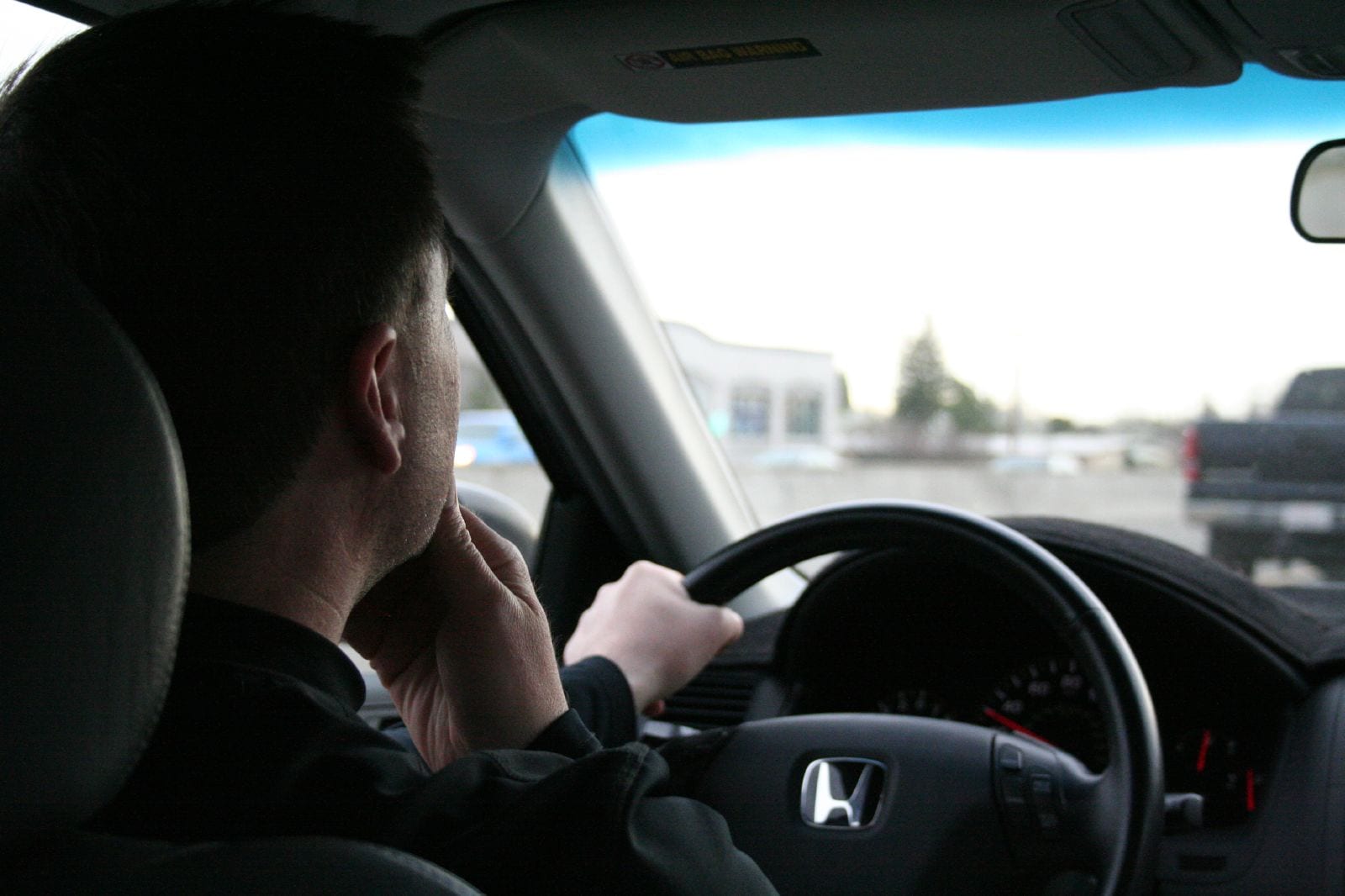









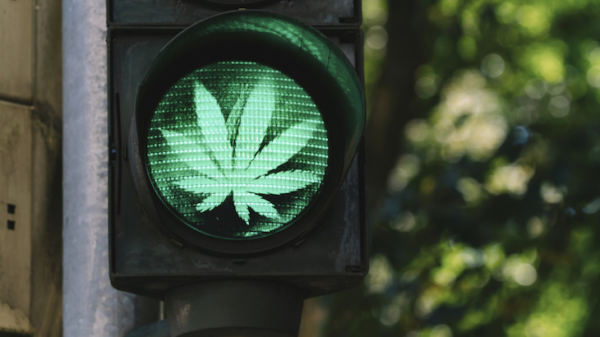
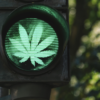
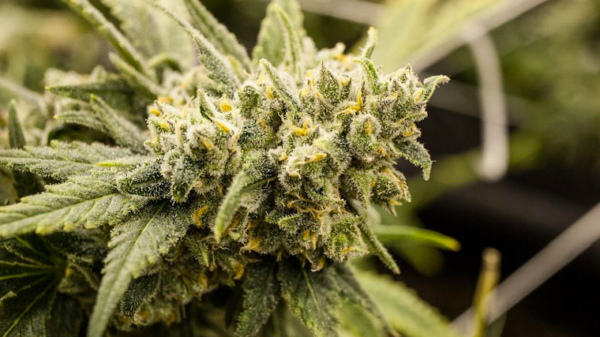
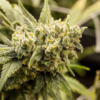
Free CBD
December 2, 2020 at 12:17 am
It might if taken at night before driving? After all some CBD has some calmness and sleepy effect?